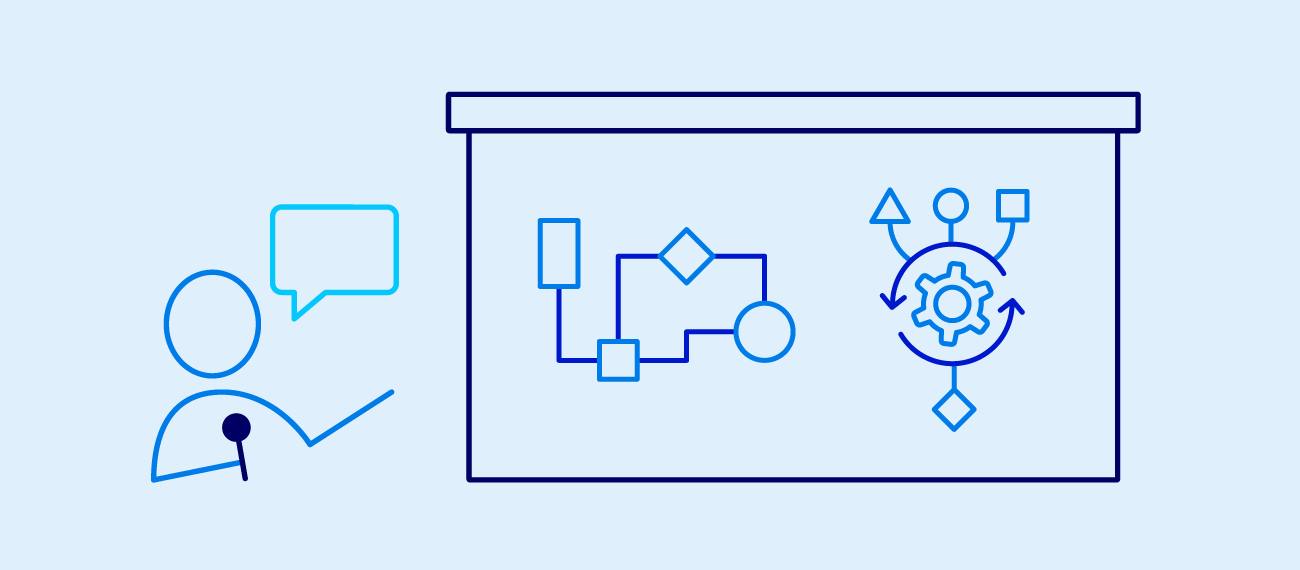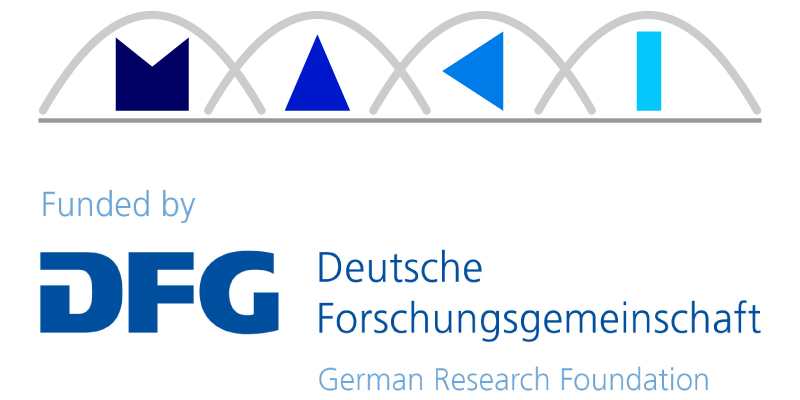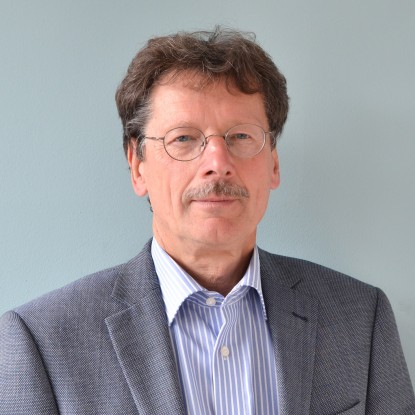| Vortragender | Arash Asadi |
| Titel | Opportunistic Device-to-Device Communication: From Theory to Practice |
| Zeit | Montag 07.12.2015, 13:30 – 14:45 h |
| Ort |
S4|14, 4. OG (Mornewegstr. 32) Raum 4.3.01, 64283 Darmstadt |
|
Abstract |
|
| This talk focuses on a channel-opportunistic architecture that leverages outband D2D communications and opportunistic clustering techniques. Specifically, we build on top of the forthcoming D2D features of LTE-A networks, and on WiFi Direct. In our proposal, mobile users form clusters opportunistically, in which only the user with the best channel condition communicates with the base station on behalf of the entire cluster. Within the cluster, WiFi Direct is used to relay traffic. Our architecture benefits D2D users in terms of throughput and energy efficiency, for which we provide an analytical model. In addition, we use coalitional game theory to find a suitable payoff distribution among D2D users. Focusing on the implementation feasibility of D2D communications in a network controlled by an operator, we introduce a D2D protocol based on the features of LTE-A and WiFi Direct. We use simulations and real experiments performed on our SDR-based testbed to validate the superiority of D2D-based cluster communication schemes over conventional cellular communications in terms of throughput, delay, fairness and energy efficiency. | |
|
Bio |
|
| Arash Asadi received a master's degree with the highest distinction in Telematics Engineering from University Carlos III of Madrid, and a master's degree in Telecommunication Engineering from Multimedia University. He obtained his bachelor degree in Electronic Engineering from Islamic Azad University, Iran, in 2006. He started his research career as a research officer at Multimedia University, focusing on the opportunistic schedulers in wireless networks. In July 2011, Arash joined IMDEA Networks Institute, pursuing his PhD studies while being involved in various European research projects such as FLAVIA and CROWD. His primary research interests are the resource allocation in wireless networks, cooperative networks, Device-to-Device communications, and 5G cellular networks. | |
SFB 1053 MAKI

Arash Asadi
Arash Asadi
The content of this page is only available in German.
Please go to German version of this page



